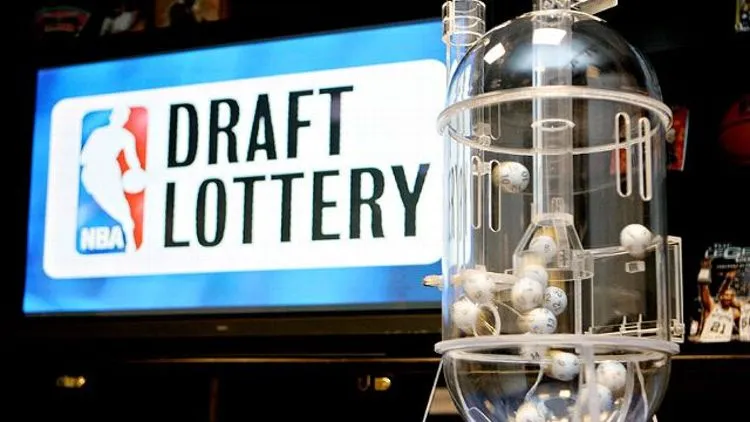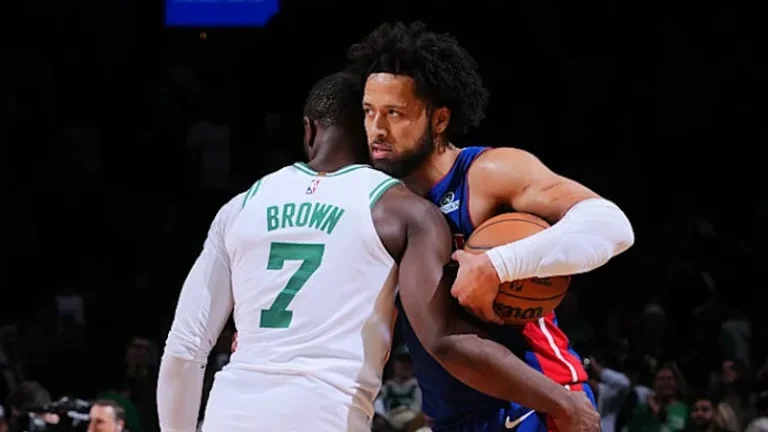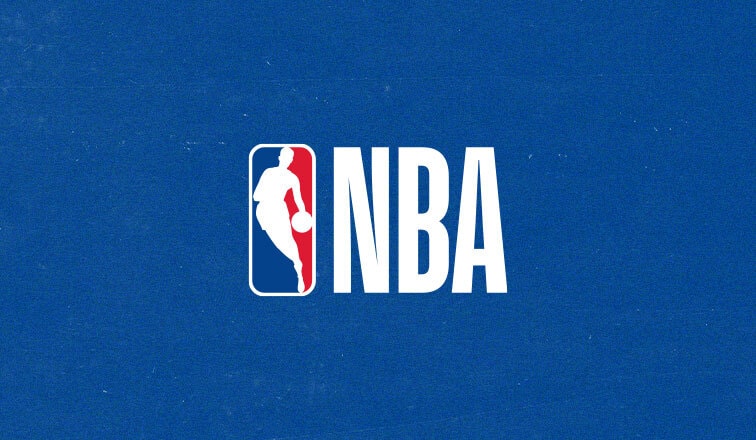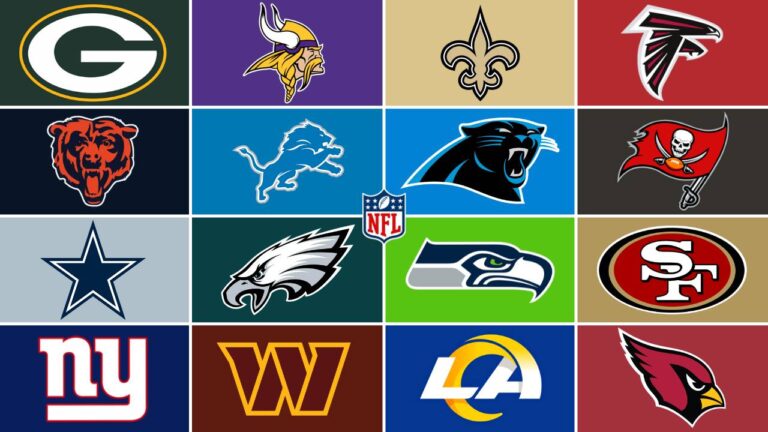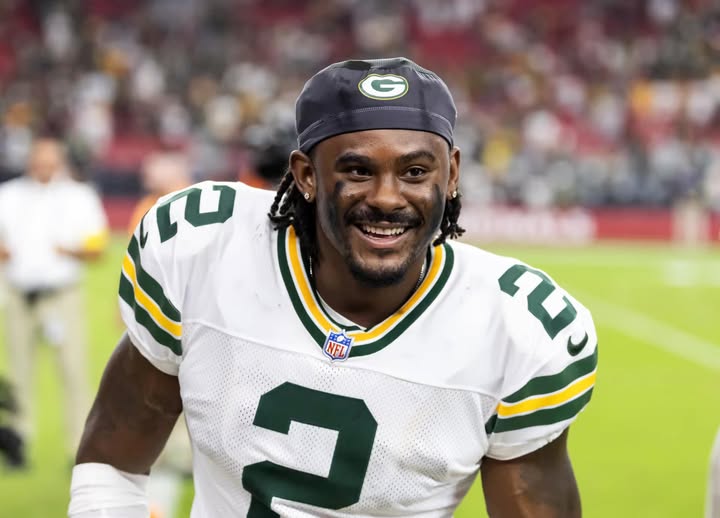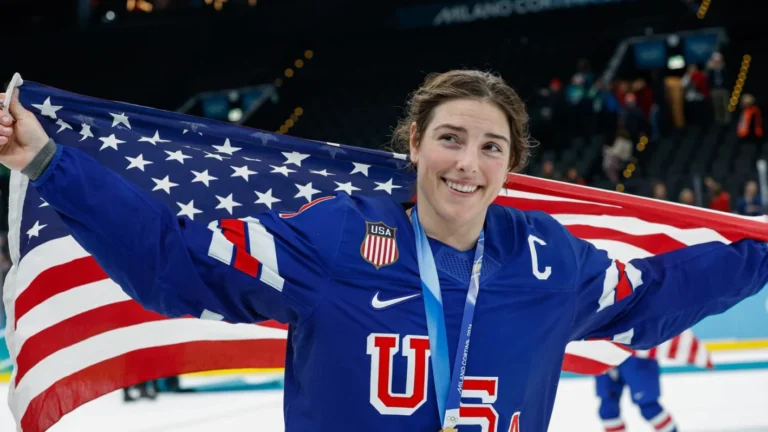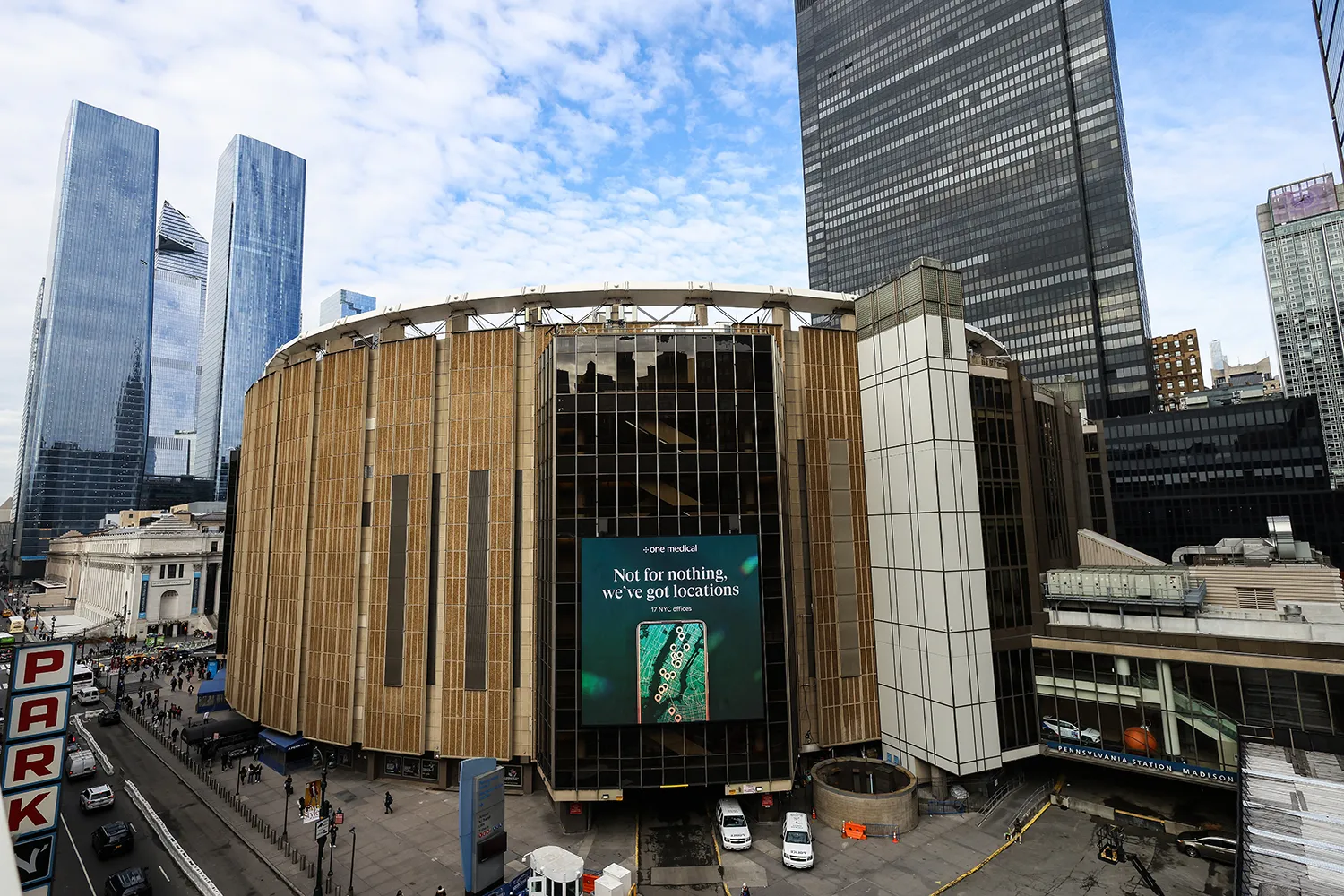
The New York Knicks had one of their best seasons in recent memory: gritty defense, electric vibes at the Garden, and Jalen Brunson playing like he heard every doubter and decided to cook all of them. For Knicks fans, specifically Timothée Chalamet, it was finally fun to care again. The Garden was alive, the city was buzzing, and Knicks fans dared to dream past the first round. A rare and beautiful thing.
That is, until Wednesday night reminded us that the basketball gods giveth… and then throw a brick at your hopes and dreams from midcourt.
But let’s shift our attention from what happened on the court to what’s happening around it. Because while the Knicks may have been fighting for playoff relevance, MSG has been enjoying a much more consistent winning streak – in the game of real estate politics.
Since 1982, Madison Square Garden has been exempt from paying any property taxes. That’s not a typo. For over 40 years, MSG, sitting on some of the most valuable land in Manhattan, has paid zero in property tax, thanks to a sweetheart deal originally meant to stop the Knicks and Rangers from skipping town to New Jersey.
That one exemption now costs NYC an estimated $40-$50 million per year. That’s a lot of money not going to city schools, libraries, parks, or fixing the BQE before it collapses. For comparison, that’s roughly the cost of an entire year’s salary for Julius Randle and Brunson combined. And those guys actually show up for work, can we say the same about MSG’s civic responsibility?
To make it even messier, the Dolan family, owners of MSG and the Knicks, have also been using their empire for… let’s call it creative surveillance. Remember when James Dolan started using facial recognition software to ban lawyers who were suing him from attending games and concerts at MSG? That’s not a plot from a dystopian HBO drama; it really happened in real life, and it raised all kinds of civil liberties concerns.
So while fans are dropping hundreds, almost thousands, to witness the Knicks make a run, the man at the top is cashing checks from every sold-out playoff night without giving back a dime in property tax to the city that supports his team. That’s not “defense wins championships” – that’s “defense contractors wish they had this kind of immunity.”
Now don’t get me wrong, the Knicks’ revival this year brought genuine joy and electricity throughout the city. NYC felt unified in a way it hasn’t in years. Local bars were booming, small businesses around Penn Station got a boost, and there was an electric sense of pride in being a Knicks fan. This team gave New Yorkers something priceless: hope, hustle, and heart.
But here’s the political twist: when we talk about the value of sports to a city, we have to ask who actually profits. The community? Sure, for a few months. But long-term? It’s the billionaire landlords and corporate ticket holders who are stacking chips while skating past taxes like it’s the fourth quarter and the refs put the whistles away.
And if you’re wondering whether anyone’s trying to fix this, there have been attempts. A few New York State legislators have proposed bills to strip MSG of its tax exemption, arguing that there’s no reason one of the most profitable venues in the world should get a free ride while schools are doing bake sales and sanitation workers are being asked to do more with less. But somehow, year after year, that legislation goes nowhere. MSG’s political clout runs deep – and let’s be honest, nobody wants to be “the person who ruined the Knicks” during a playoff run.
Plus, MSG is more than just a basketball court. It’s a concert venue, a boxing cathedral, and the heart of Midtown’s entertainment economy. Any decision about the Garden’s future quickly gets tied up in bigger fights about urban planning, Penn Station renovations, and how New York treats its biggest players, both in sneakers and in suits.
But here’s the kicker: this isn’t just a Knicks problem. It’s a sports problem. Across the country, billionaire team owners routinely score tax breaks, public funding for stadiums, and sweetheart deals in exchange for “economic development”, a promise that’s rarely fulfilled in the long run. Meanwhile, fans keep buying jerseys, filling arenas, and feeling the civic pride that sports uniquely generate.
So yes, let’s celebrate what the Knicks gave us this year: excitement, grit, and a reason to believe again. But let’s also keep our eyes on the bigger scoreboard. Because while Jalen Brunson’s jumper might win games, it’s going to take real public pressure to make sure the next victory belongs to the people and not just the guy in the luxury suite.
So, as we look ahead to next season, dreaming of full health and maybe even, dare I say, an Eastern Conference Finals appearance, let’s not forget that MSG isn’t just a sports arena. It’s a political symbol. A case study in how power, money, and fandom collide in America’s biggest city.
The Knicks may be back. But maybe, just maybe, it’s time to make the tax bill come back, too. Because if we’re all in this together, maybe Dolan should at least make sure the hot water works and the bathroom soap dispensers are not empty.
Author Profile
- Tessa Winkleman is a dynamic scholar-athlete and aspiring sports law professional. Raised in Las Vegas before heading to Michigan (Go Blue!), she earned a Division I volleyball scholarship to St. Francis College in Brooklyn. After transferring to Hunter College, she led her team as MVP, earning numerous athletic and academic honors. Tessa has interned at McShane & Bowie LLP and the PREA Investigation Unit at Rikers Island, combining her passions for justice and advocacy. She is set to pursue a master’s degree in Sports Law and Management at the Universidad Europea de Madrid, in partnership with Real Madrid FC.
Latest entries
 PoliticsJuly 10, 2025Courtside Diplomacy: How Tennis Became the Quiet Power Player in Global Politics
PoliticsJuly 10, 2025Courtside Diplomacy: How Tennis Became the Quiet Power Player in Global Politics BusinessJuly 9, 2025Red, White, and Grass Stains: What the 2026 FIFA World Cup in the U.S. Says About Soccer, Politics—and Lawn Care
BusinessJuly 9, 2025Red, White, and Grass Stains: What the 2026 FIFA World Cup in the U.S. Says About Soccer, Politics—and Lawn Care SportsJuly 4, 2025Gold Medals, Clean Reputations? The Curious Case of Sportswashing in 2025
SportsJuly 4, 2025Gold Medals, Clean Reputations? The Curious Case of Sportswashing in 2025 TennisJuly 3, 2025Ben Shelton Serves Up A Racket: When Tennis Meets Politics at Wimbledon
TennisJuly 3, 2025Ben Shelton Serves Up A Racket: When Tennis Meets Politics at Wimbledon

